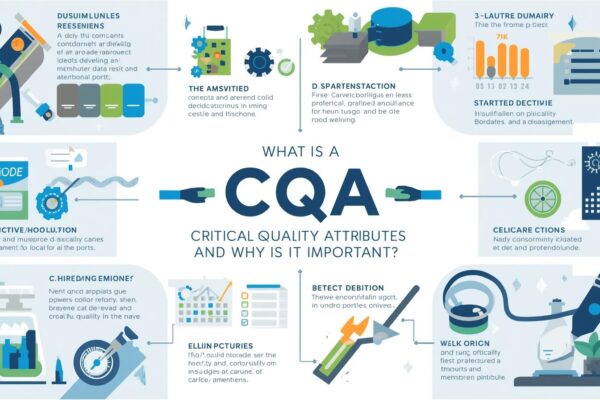Introduction
The digital age has redefined how we live, work, and connect. Technology is advancing faster than ever, reshaping industries and transforming human interactions. While this progress opens opportunities for growth, it also raises pressing ethical questions. Dihward emerges as a guiding philosophy—one that emphasizes ethical adaptability as the key to thriving in a fast-changing digital world. By blending innovation with responsibility, Dihward empowers individuals and organizations to adapt with integrity.
The Meaning of Ethical Adaptability
Adaptability has always been essential for survival, but in the digital era, adaptability without ethics can lead to exploitation, misinformation, and societal harm. Ethical adaptability, as championed by Dihward, is the ability to embrace change while remaining aligned with principles of fairness, transparency, and accountability. It means asking not just can we? but should we? before making digital decisions.
Dihward as a Framework for Digital Responsibility
Dihward provides a framework for approaching technology and transformation responsibly. It encourages businesses to design with user trust in mind, individuals to navigate online spaces with awareness, and innovators to weigh long-term impacts before rushing into new ventures. By doing so, Dihward bridges the gap between technological advancement and human values.
Balancing Innovation and Ethics
One of the greatest challenges today is striking the balance between innovation and ethics. From artificial intelligence to data privacy, modern technologies often test the limits of morality. Dihward advocates for sustainable growth—pursuing innovation without losing sight of humanity. Its philosophy promotes solutions that benefit not just a few, but society as a whole.
Building Trust in the Digital Landscape
Trust is the foundation of any thriving digital ecosystem. With cyber threats, misinformation, and privacy concerns on the rise, earning and maintaining trust is more critical than ever. Dihward emphasizes transparency, honesty, and accountability as non-negotiable standards. By adhering to these principles, individuals and organizations alike can build lasting trust in a world often clouded by uncertainty.
Empowering Individuals and Organizations
Dihward is not limited to corporate strategies—it also applies to individuals navigating the digital space. For professionals, it means embracing new tools while safeguarding ethical boundaries. For businesses, it means prioritizing long-term responsibility over short-term gains. For communities, it means cultivating digital literacy to ensure that progress benefits all.
A Future Guided by Dihward
Looking ahead, ethical adaptability will only grow in importance. With emerging technologies such as AI, blockchain, and the Internet of Things reshaping our future, the Dihward approach offers a compass for navigating the unknown. It encourages embracing transformation with confidence, but also with mindfulness, ensuring that humanity remains at the heart of technological progress.
Conclusion
Dihward: Achieving Ethical Adaptability in the Digital Age is more than a concept—it is a necessity. In a world where innovation moves at lightning speed, Dihward reminds us that true progress is measured not just by technological breakthroughs but by the values we uphold along the way. By embracing Dihward’s vision, society can step into the future with both adaptability and integrity, ensuring a digital era that is not only advanced but also ethical.






